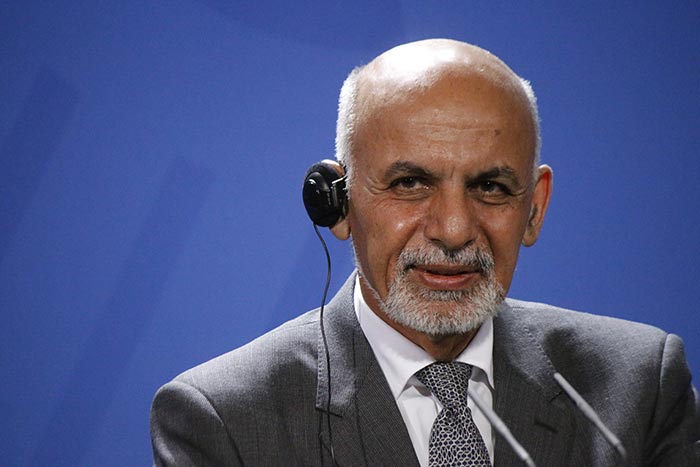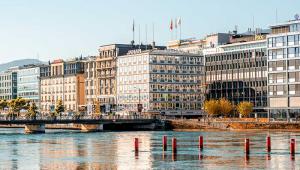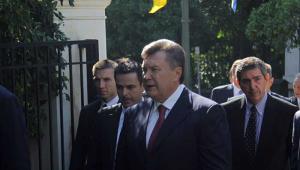web_ashrafghani_shutterstock_236170930.jpg

Afghanistan's president Ashraf Ghani has vowed to uproot corruption
In a report, published in conjunction with a national partner called Integrity Watch Afghanistan, the anti-corruption NGO stressed that unchecked corruption in the country is fuelling ongoing war, undermining the effectiveness of aid and threatening the survival of the state as it tries to ward off insurgents.
Sayed Ikram Afzali, executive director of Integrity Watch Afghanistan, said this is no longer just a desirable objective, but a “strategic imperative”.
“Afghanistan is a country at war, and if the government loses the trust of the people, it will have no chance of winning,” he stated.
The country’s president Ashraf Ghani has pledged to uproot corruption, however the public gives little weight to this commitment as those in power enjoy impunity.
The report found that Afghanistan’s anti-corruption agency, which claims to have registered the assets of 8,000 officials, has in fact only published details of 66, and is not fulfilling its mandate to hold politicians and officials to account.
The judiciary too is seen as heavily influenced by politicians and the elite. Convictions for the corrupt are rare, and even then punishments are not always upheld in practice.
Members of parliament have physically assaulted police officers without any serious repercussions, and there are allegations that parliamentarians have voted in support of ministers facing no-confidence votes in return for money or favours.
Political interference in recruiting and removing staff and a failure to deter corruption and petty bribery mean that Afghanistan’s public sector struggles to provide even basic services for citizens despite massive investment, the report found.
Last November, Ghani was forced to call off a business partnership with Khalilullah Frozi, a felon who was supposed to be in prison for defrauding the country’s biggest private bank, Kabul Bank, of which he used to be chief executive, after a public outcry.
Frozi was supposed to be serving a prison sentence of at least 10 years reportedly brokered a deal with the government to develop a new township in Kabul. He would work during the day, investing in projects that would generate money to repay the $137m he owes from the fraud scandal, and serve his sentence at night.
While anti-corruption campaigners welcomed the move to drop the deal, they noted the credibility of the government’s promise to fight corruption had been damaged.













